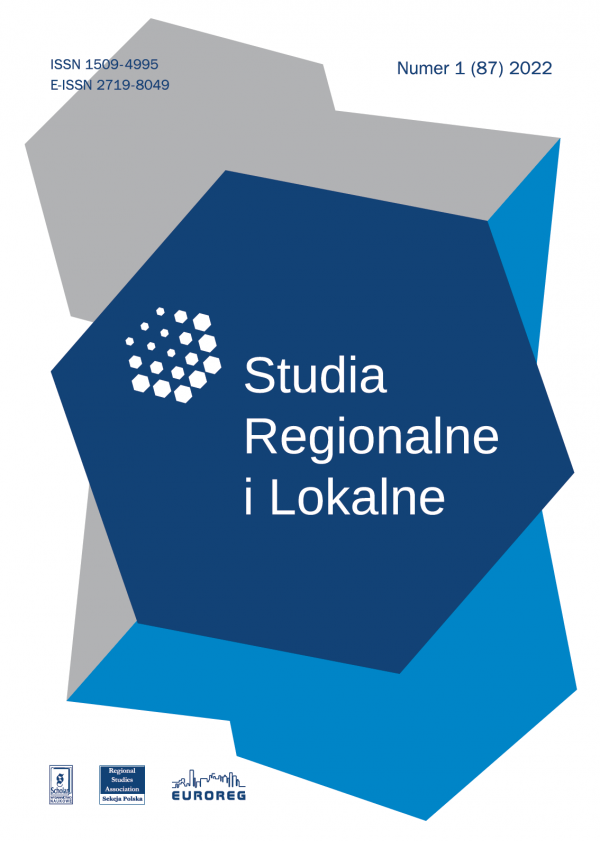Issue:
1(87)2022
Abdul Nadjib, Oemar Madri Bafadhal, Anang Dwi Santoso
Social Capital, Bureaucratic Neutrality, and Regional Head Election in Indonesia
DOI: 10.7366/1509499518703
Social Capital, Bureaucratic Neutrality, and Regional Head Election in Indonesia
Civil servants are frequently described as being separate from politicians in good local governance. Regrettably, civil servants are urged to assist in the maintenance of power through the use of social capital. In Indonesia, decentralisation facilitates the accumulation of social capital. However, a body of literature has established that social capital is a predictor of the bureaucracy’s quality. This study delves into something else by examining how social capital fosters a mutually beneficial relationship between the State Civil Apparatus (ASN) and the incumbent, resulting in the ASN’s non-neutrality in Regional Head Elections (Pilkada). We used a qualitative case study approach, within which we interviewed members of the civil apparatus about social capital and its relationship to the performance of the State Civil Apparatus. The findings indicated that the ASN’s lack of neutrality in the Pilkada occurred as a result of the establishment of social capital relations between superiors and the ASN in the form of information channel relationships (paternalism and/or nepotism culture), obligations and expectations (the ASN’s contribution to the incumbent), norms and effective sanctions (superiors’ invitation), as well as adjusted community organisations (weak community control).
Affiliation:
Abdul Nadjib: Universitas Sriwijaya, Palembang, Indonesia; Jl. Raya Palembang – Prabumulih Km. 32 Indralaya, OI, Sumatera Selatan 30662; ORCID: 0000-0001-5173-597X;
abdulnadjib@fisip.unsri.ac.id Oemar Madri Bafadhal: Department of Communication Science, Faculty of Social and Political Sciences, Universitas Sriwijaya, Palembang, Indonesia; Jl. Raya Palembang – Prabumulih Km. 32 Indralaya, OI, Sumatera Selatan 30662; ORCID: 0000-0002-5790-249X;
oemarmadribafadhal@fisip.unsri.ac.id Anang Dwi Santoso: Department of Public Administration, Faculty of Social and Political Sciences, Universitas Sriwijaya, Palembang, Indonesia; Jl. Raya Palembang – Prabumulih Km. 32 Indralaya, OI, Sumatera Selatan 30662; ORCID: 0000-0002-0595-268X;
anang.d.santoso@gmail.com 


